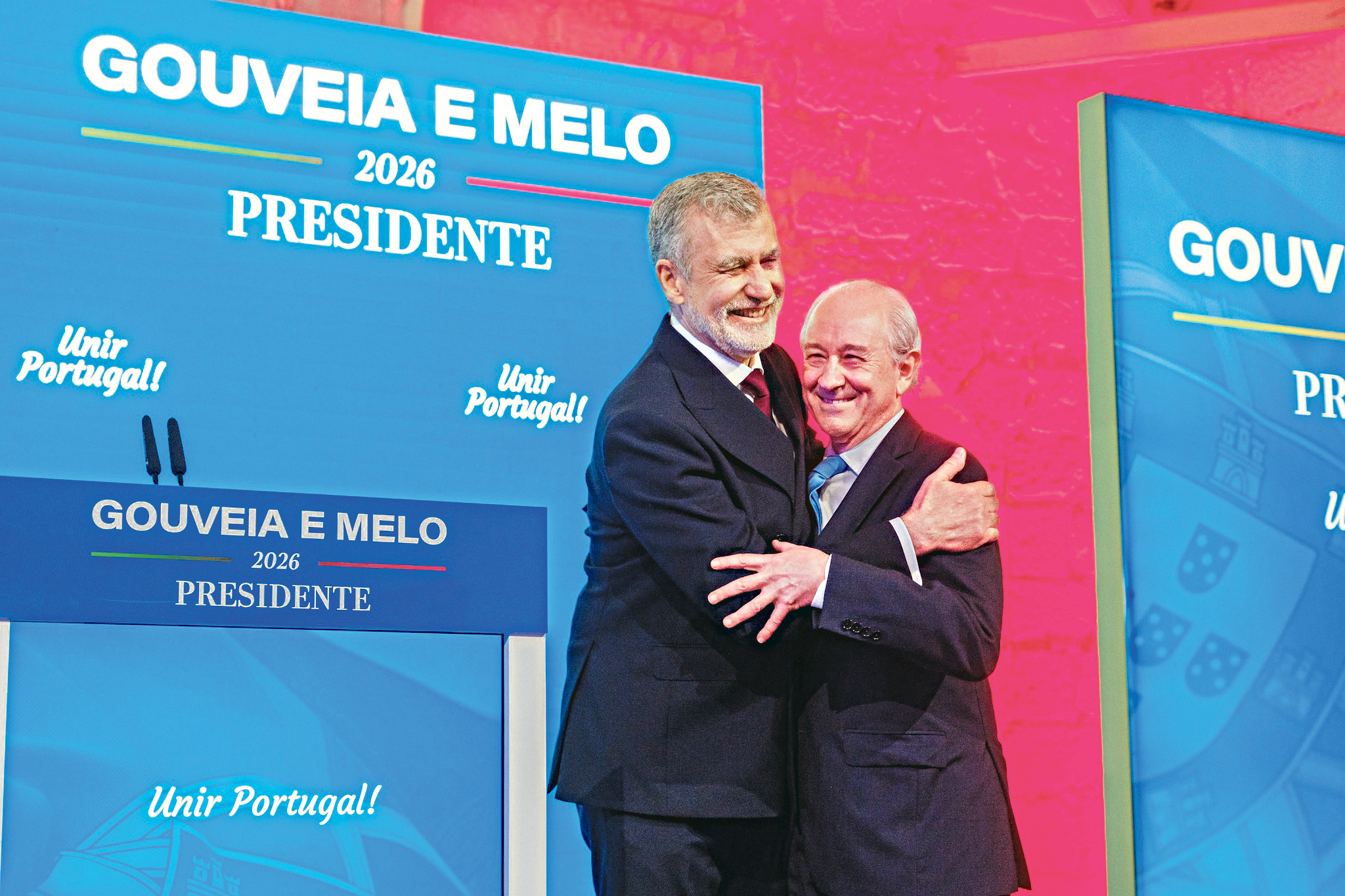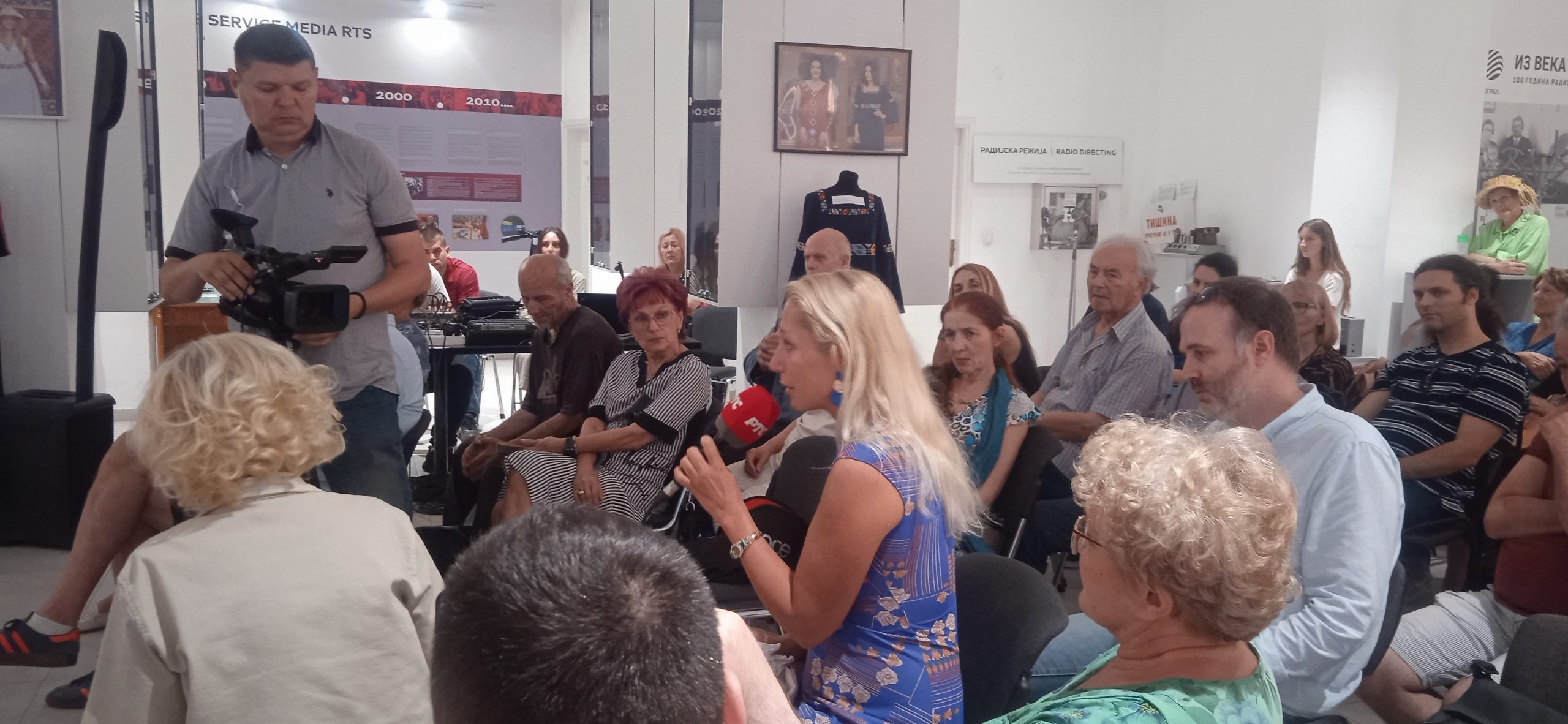Michael McGrath, EU Commissioner: And EU Defense Funds are bound by the legality in Bulgaria

Michael McGrath, European Commissioner for Democracy, Justice, the rule of law and the protection of consumers, was on Monday on a working visit to Bulgaria, which means meetings with line ministers and parliamentary committees, but not with the prime minister or the president. We are talking in Sofia about his first impressions of contacts with a regular government and in the context of the latest processes in justice and the loss of hundreds of millions of euros for the Bulgarian economy from delaying reforms on the reimbursement plan.
Commissioner McGrath, the program of your working visit to Sofia shows that it has more business than political, character. What is your assessment of the situation in Bulgaria in the sector of your responsibilities, what is the most urgent problem that needs to be solved?
– This is part of our contacts with the Bulgarian authorities and is a very good opportunity to engage with key factors on issues such as the Recovery and Sustainability Plan and Bulgaria’s efforts to receive the second tranche on it.
Meetings are the opportunity to receive new information about the implementation of the recommendations from the 2024 rule of law. In a few months, the report for 2025 will be published and we are in the stage of completion of its preparation. As part of this, we review – both in Bulgaria and in other countries – the evaluation of the July recommendations. In Bulgaria, this happens in the context of a political change and this is reflected, including through decisions of the Constitutional Court.
European Commissioner: There is no progress for the political independence of the anti -corruption committee and the SJC
In some justice reforms there is a retreat and I have the opportunity to talk about this at my meetings in Sofia, to hear from the Minister of Justice Georgi Georgiev, the Deputy Prime Minister Tomislav Donchev their opinion, their commitment to the implementation of important reforms. These are different sectors, especially the rule of law, such as the Supreme Judicial Council, the prolonged secondment of judges, etc.
Did you discuss the case with Teodora Georgieva, the Bulgarian representative at the European Prosecutor’s Office (EPPO)? This, of course, is an independent institution, but its case directly affects the justice in Bulgaria and its political intervention in it?
– Yes, it was in the discussions, but in the most general way, because the Bulgarian government, the European Commission and I, as a line commissioner, respect EPP’s independence. The processes in this case should take the normal path. The European Commission has been notified after recent events, but does not directly participate in them to allow EPPO to act completely independently and impartially.
Do you think this case should fall into the new rule of the rule of law or do you perceive it as something that happens outside the Bulgarian context?
– No final decision was made on its contents. The report follows the usual structure for him – to evaluate the four « ladder » in each EU country (ed. Recent EPPO events and what is happening in Bulgaria in connection with the prosecutor are something independent and developing on a different « track ».

What instruments has the European Commission at all to persuade national authorities to conduct the necessary reforms if internal interests in the country stop this process? The mechanism of cooperation and verification, for example, was terminated in September 2023, including because it was ineffective in this direction, the rule of law of the law does not seem to act motivating and do not achieve the gentle result?
– We have a very strong set of tools. European Commission President Ursula von der Layen asked me and my budget colleague Piotr Serafin to strengthen the link between the recommendations in the Ruid’s Department of the Law and the access to the EU funds.
Commissioner McGrath: The Judicial Council and the Anti -Corruption Commission must be on the agenda
This happens in the context of the beginning of the negotiations for the next multiannual financial framework (ed. But we also currently have important tools – the mechanism for binding access to EU funds against the fulfillment of certain obligations and responsibilities, including the EU Charter on Fundamental Rights, Procedures for established violations, parts of the restoration plan, etc.
The rule of law of the law is at the nucleus of all this, since it also contains recommendations to achieve positive changes. In Sofia, this is also my message to the government – we are here to help, all the commissioners want to achieve positive results in the reforms so that the justice system is fully fit to fulfill its purpose, to be completely independent, to observe the rule of law in all aspects.
This is described in Art. 2 of the EU contract and we are ready to provide any necessary assistance to comply with it. In the European Commission, we have the advantage of seeing things in a broader and more complex plan – for all 27 Member States – and with this experience we can help each of them, including Bulgaria, to fulfill the recommendations.

Is it possible for such conditionality that you have mentioned, also applies to the access of Member States to the new programs and funds of the European Union for Security and Defense Funding?
– All EU funds are covered by this mechanism. It embarks on the principle that EU financial interests can be at risk and this is clearly cited in EU court rulings.
I will repeat again on this occasion – we are ready to help in any way, and President von der Layen has already said that compliance with the law is not some option that certain parties will choose whether to obey. It is not possible for à la Carte (note – to choose as from menu to restaurant) approach. Each party has committed to entering the EU under the EU contract to comply with the rule of law, to respect the decisions of the EU Court of Justice, and we expect every country to behave in this way. We help to strengthen the connection between the rule of law and access to any EU funds.
Some of your responsibilities are the protection of values and democracy in the EU, and so far, there has been exclusively actions of countries such as Russia, China, Iran … But already people in power in Washington are campaigning to change the political regime in Europe. What should be done?
– We always defend our common values and President von der Layen has commissioned me to continue working on the European Shield on Democracy (ed. The work continues and we expect it to end in the next 6 months.
The new European Commission promises security and investment: how the distribution inside will provide them
Our values are in the foundation of our Union, are legally mandatory for everyone in the EU and are repeatedly approved by the EU court. With all international engagements, we make an effort to defend and push the Union’s values. We do not try to impose them on others outside our Union, but if possible, we always show them their advantages.
Part of the defense of democracy is independent and professional media. Do you see the European Commission to start directly supporting such media in Member States without the mediation of national governments or institutions?
– I know that the media is under pressure around the world, including financially and because of online platforms, which attracted a huge share of advertising revenue. We also see that the media is pressured by state factors in some EU countries, and pluralism, freedom and independence of the media are fundamental to the success of democracy.
That is why we have a law on EU media freedom, which will enter Evga power in August 2025, the Directive against SLAPP cases against the media and journalists, which is to be included in national legislation in the next one year, we will look for what else we can do to protect journalists under the Citizens Program, Equality, Rights) (CERV) (CERV))
We will need to comply with this problem in negotiations for the next EU budget about places where independent media are under intense pressure – to help them, while at the same time always preserves their independence.
Protecting the rule of law and freedom of media is also a task for young Europeans, for Europe in which they want to live. Your message to them?
– Do not forget that they are Bulgarians and Europeans. My message is to maximize the benefits of EU membership, the freedom to travel, study and work in every country of the Union, to understand that there are various programs in their help … to appreciate the wealth and diversity of the European Union. We have a fantastic union and a very large common market, take advantage of its capabilities.








